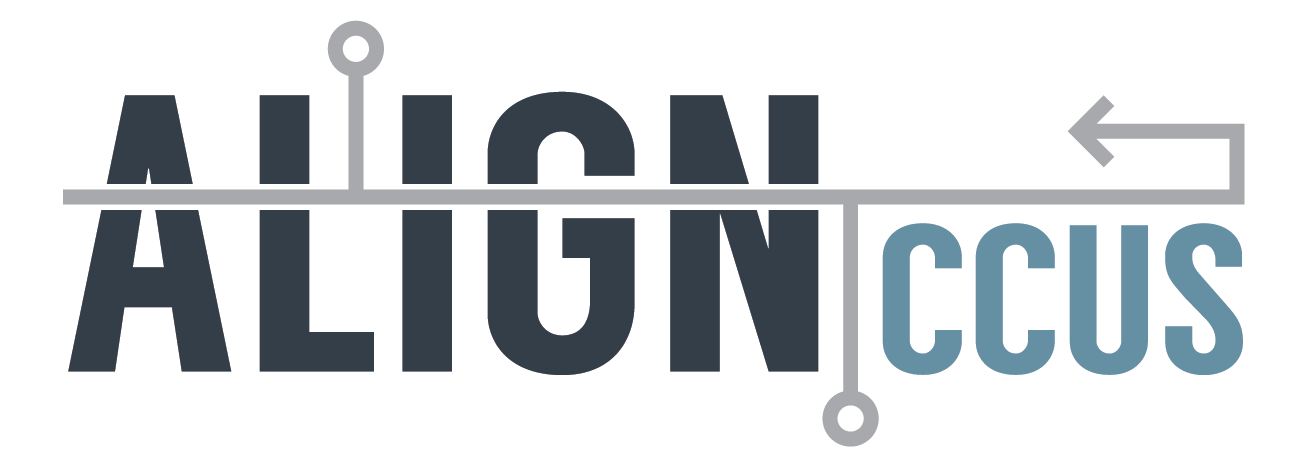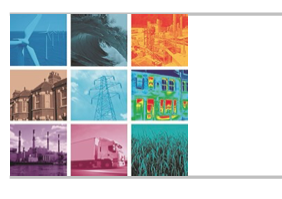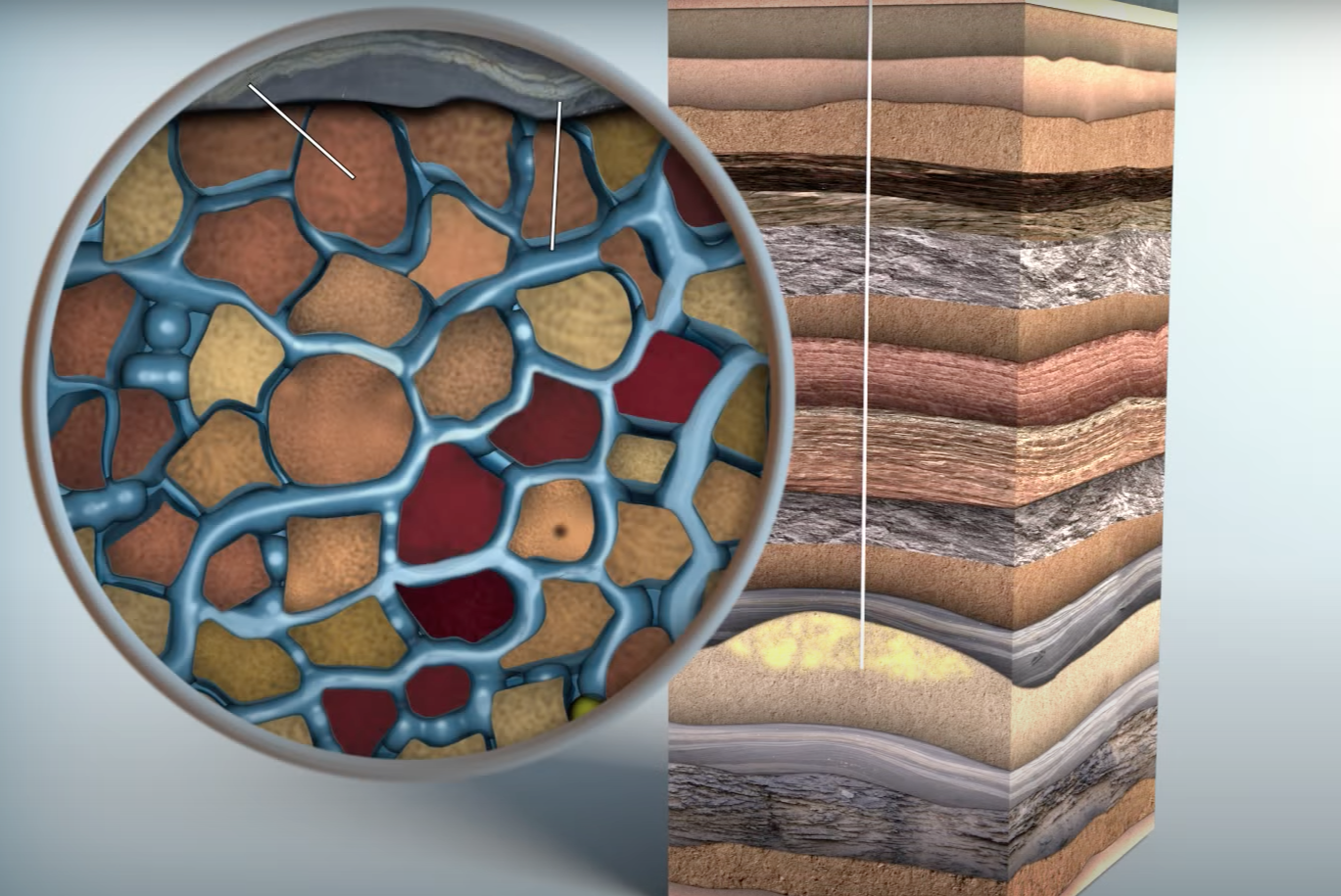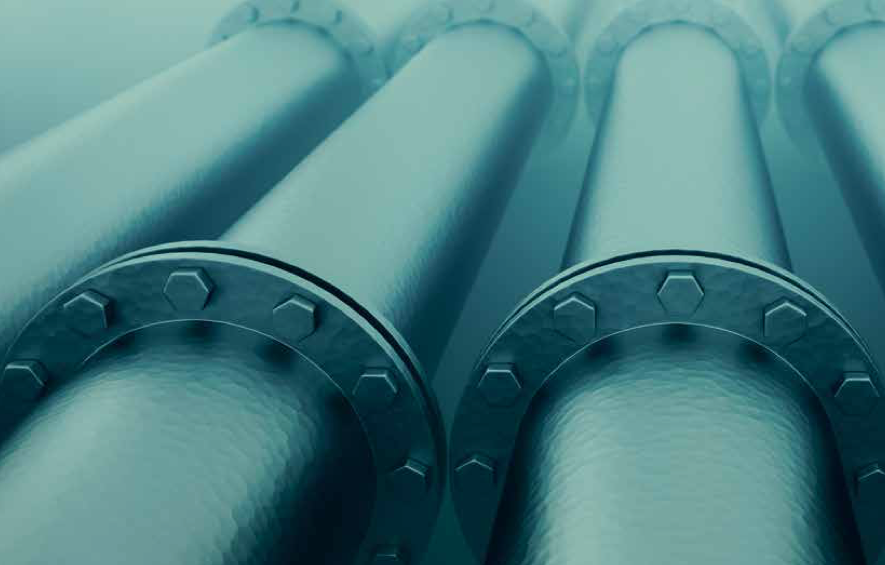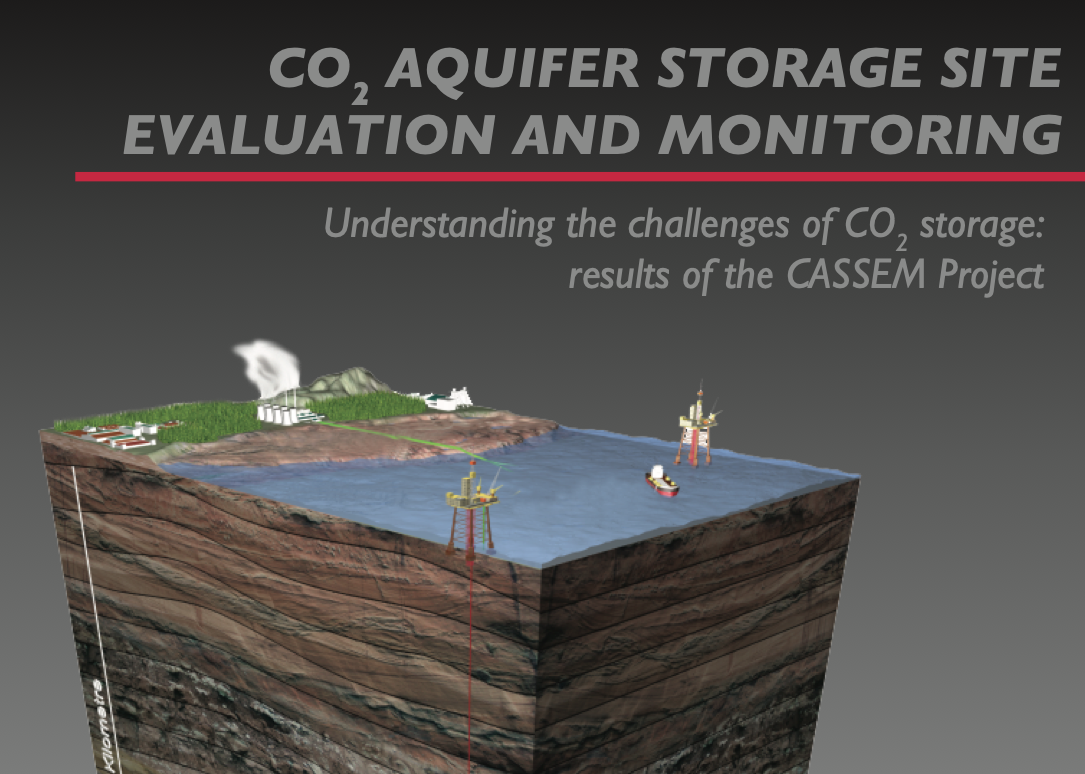Completed Projects
Over more than a decade, the SCCS Secretariat has built strategic links with industry and across the international CCS academic community.
On this page is a selection of recent and/or important projects we have led or been involved in; follow the links for more information.
To view our active projects click here.


